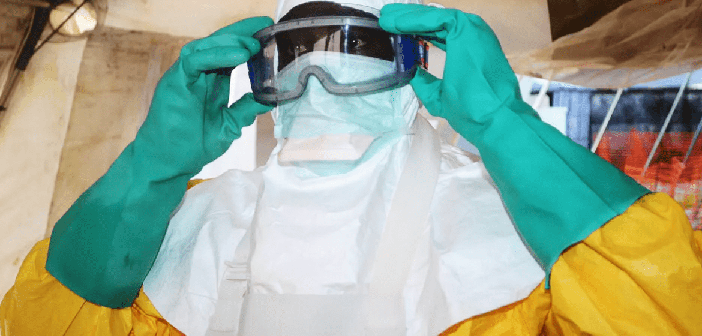Guinea has declared the end of the Marburg virus disease outbreak having recorded no new cases over the past 42 days—two incubation periods, or the time between infection and the onset of symptoms.
The virus was confirmed on 9 August, marking the first time the disease emerged in the country and in West Africa.
However, Guinea’s health authorities, WHO experts and scientists are deepening investigations into the source of the Marburg outbreak, including analysis on bats as well as undertaking serological surveys to not only help understand how the virus emerged, but also help prevent potential future outbreaks.
Marburg, which is in the same family as Ebola, is transmitted to people from fruit bats and spreads among humans through direct contact with the bodily fluids of infected people, surfaces and materials.
Although there are no vaccines or antiviral treatments approved to treat the virus, supportive care – rehydration with oral or intravenous fluids – and treatment of specific symptoms, improves survival.
A range of potential treatments, including blood products, immune therapies and drug therapies, are being evaluated.
In Africa, previous outbreaks and sporadic cases have been reported in Angola, the Democratic Republic of the Congo, Kenya, South Africa and Uganda.












